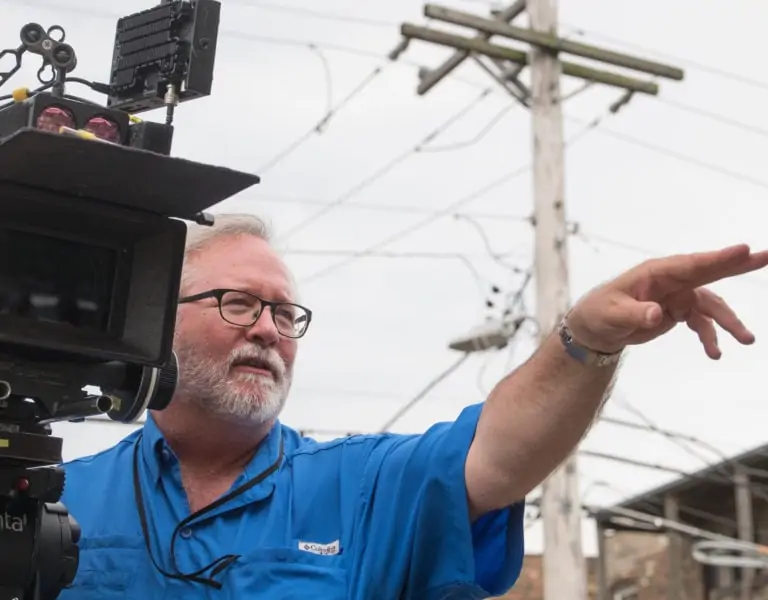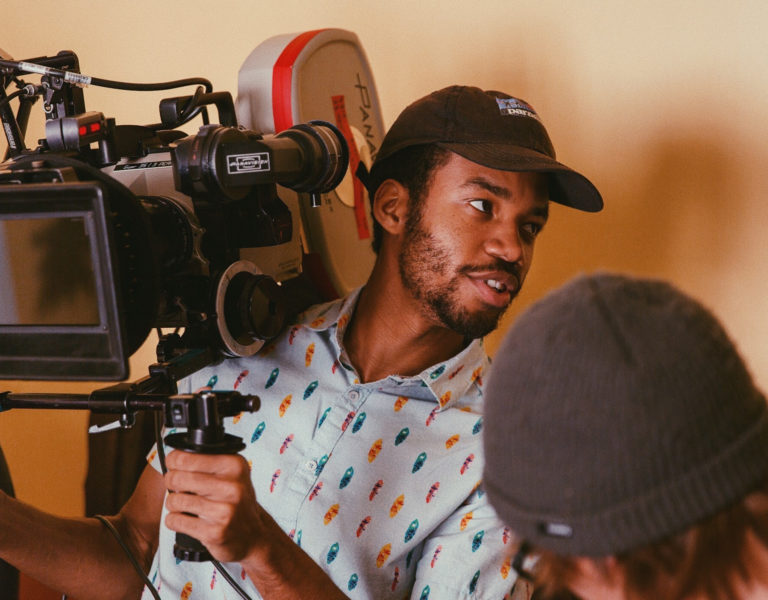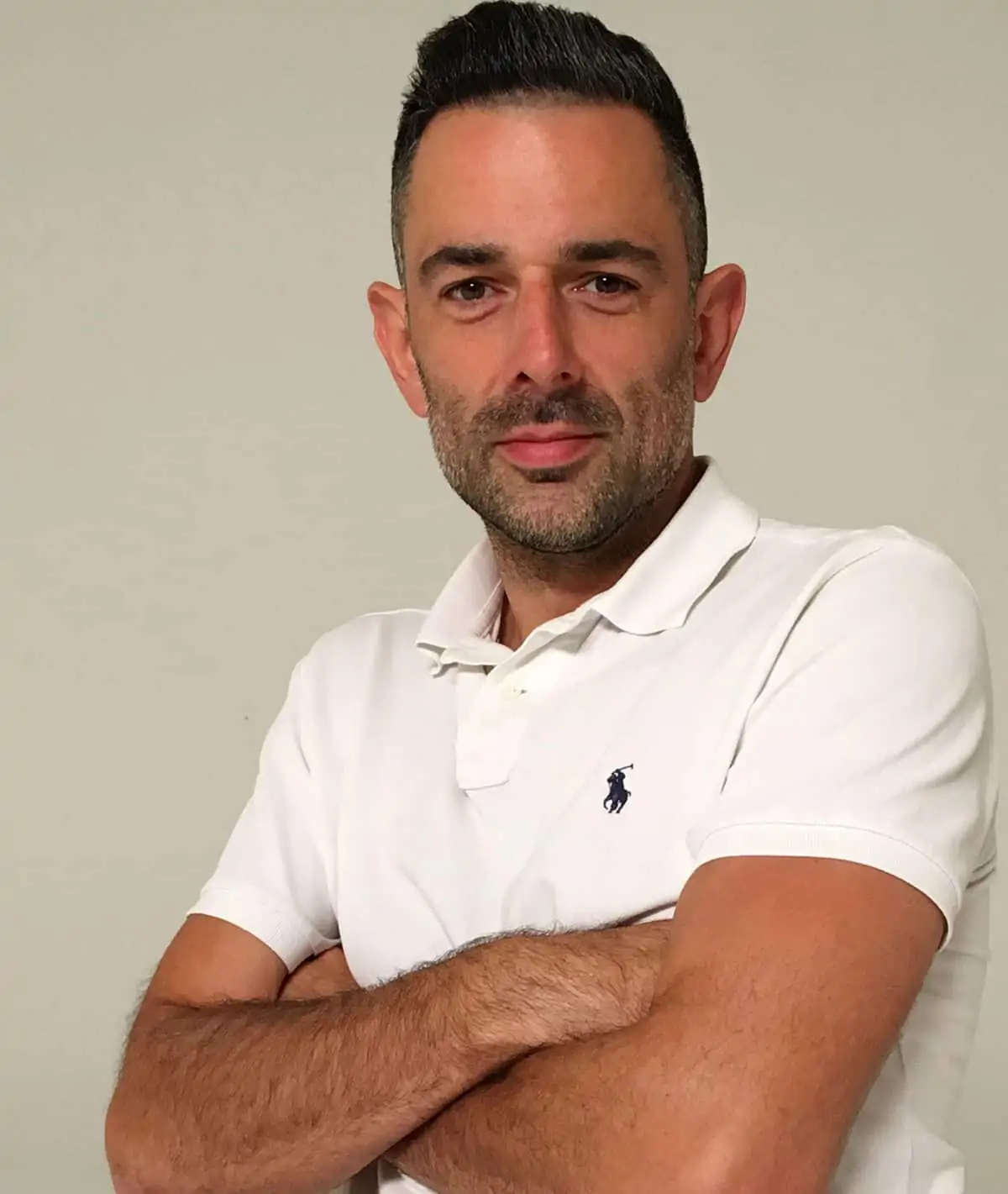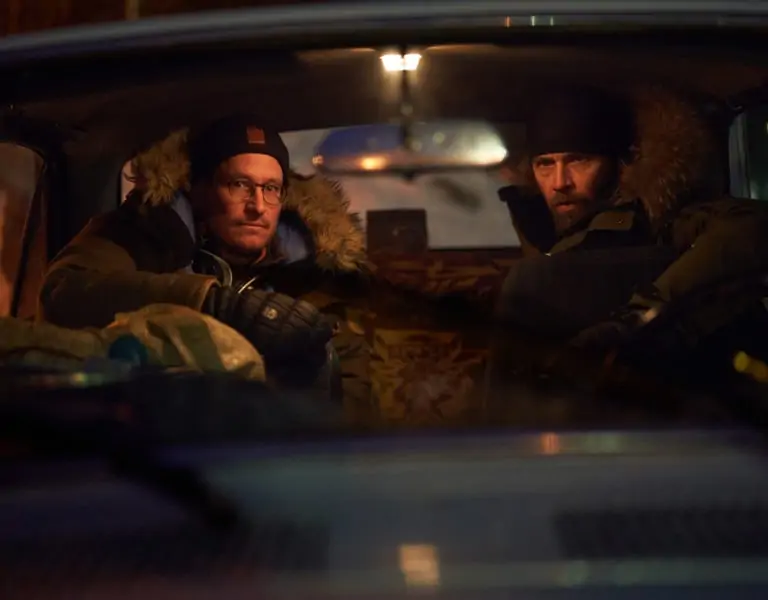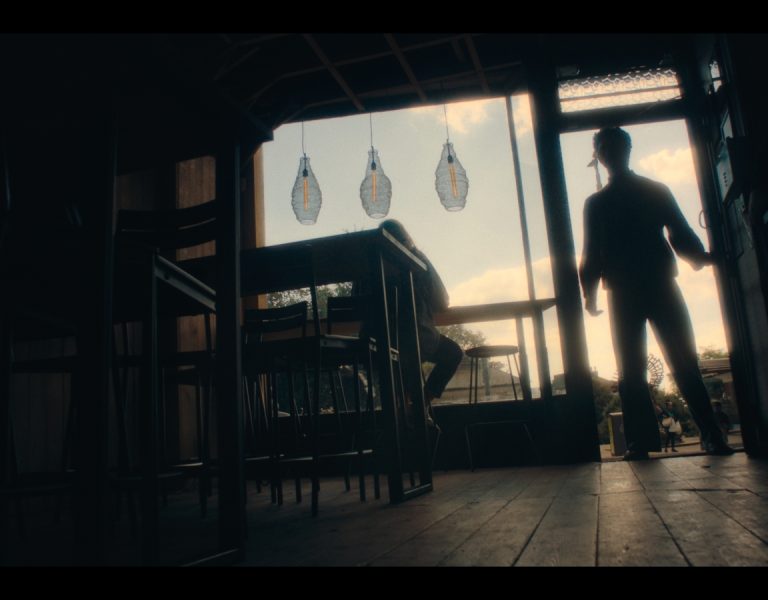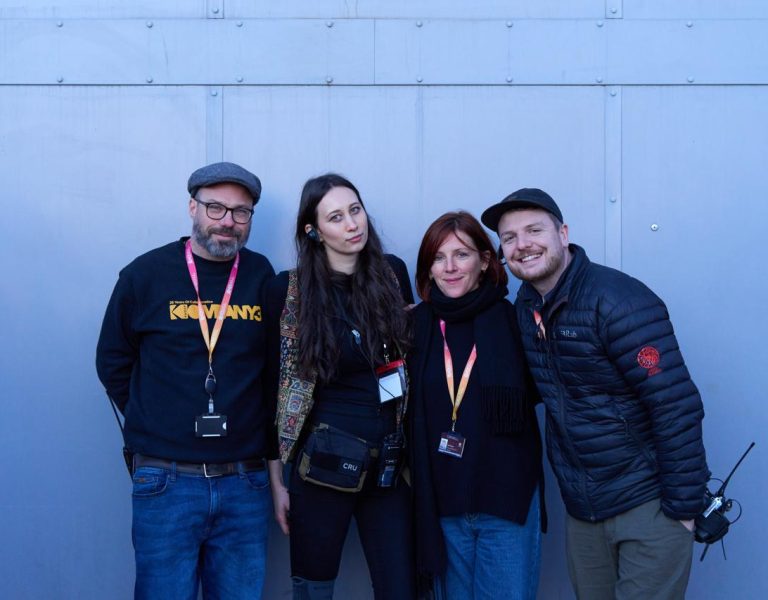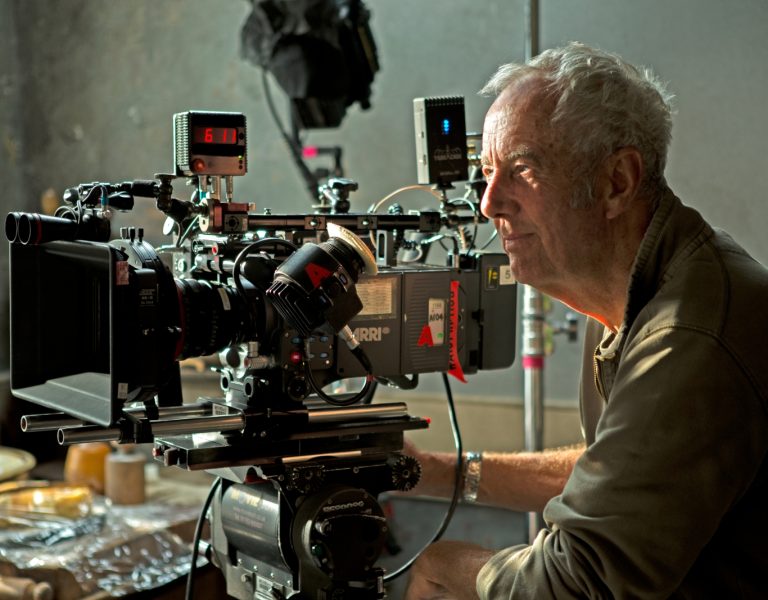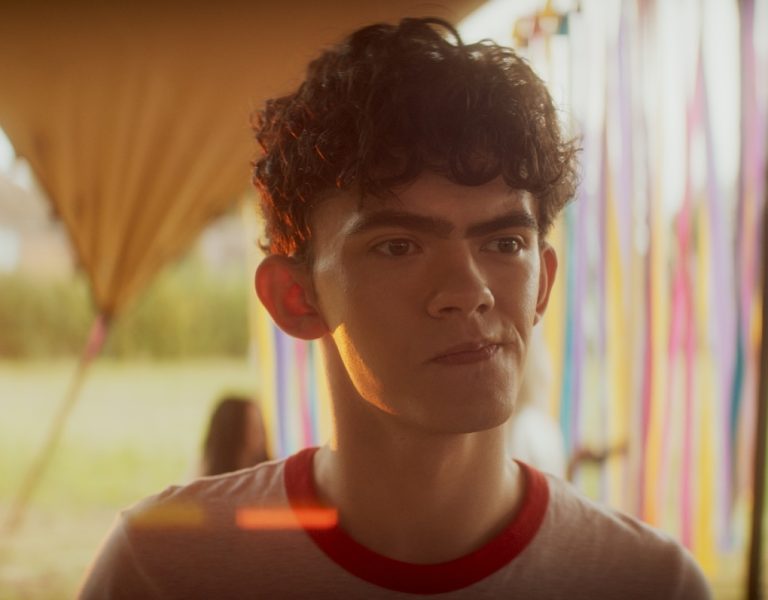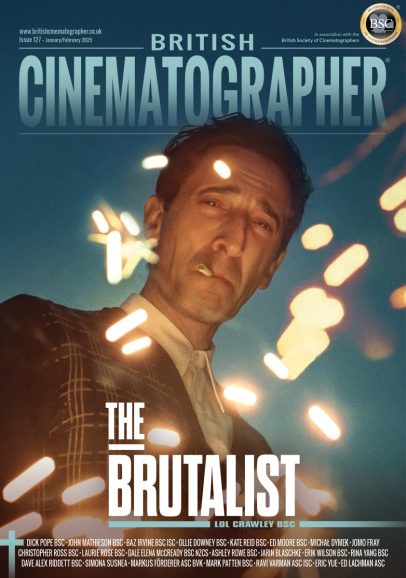JUGGLING ACT
Working parents behind the camera face the daily challenge of balancing caring responsibilities with a career, especially as a freelancer. Find out how some DPs have made it work for them.
Working parents in the screen industries are often asked, “How do you do it?” Raising a family while forging a career behind the camera is a complex journey to navigate, whatever your gender, with no one-size-fits-all solution. It’s a sometimes-overwhelming juggling act but some manage to find that elusive balance; others, however, are forced to make the choice between staying in the industry they love and calling it quits for their family’s sake.
The charity Raising Films, which supports parents and carers in the UK’s screen sector, is one of the organisations fighting to change that. How We Work Now, its 2021 report into the post-COVID caring landscape, makes for bleak reading: almost two-thirds of its survey respondents, said caregiving had a negative impact on their ability to work in the industry. All respondents were either parents or carers and of these, some 63% of female respondents reported caregiving as their greatest challenge to their ability to work, compared to 41.77% of men.
“The film industry was very interesting in that it responded incredibly quickly, relatively speaking, to the pandemic,” says Jessica Levick, film producer and co-founder of Raising Films. “It came up with a lot of ways of making films that made it much more accessible than it had been previously. Why can it not adapt to people with kids?”
She adds, “There is a feeling that runs through everything, which is you choose to have kids, whereas other protected characteristics are not a choice. […] We still need to be able to hold on to people past 33 and have them working in a film industry that’s very male-dominated.”
It’s a sentiment echoed by Absent Friends, a 2022 report by the Film + TV Charity into the industry’s retention problem, which highlighted the incompatibility of film and TV work with family life as a key reason for the skewed age profile towards younger workers.
Cinematographer Petra Korner AAC, mum to 15-year-old Gia and 12-year-old Rio, felt a pressure to keep her young family on the down-low. “It was still a very hush-hush subject back then. I already felt at such a disadvantage as a woman, and if anyone knew that I was a woman with small kids at home, there would be no chance I’d get a big job.”
As a single parent – Korner’s then-partner abandoned them when the children were still in nappies – she has faced the pressure of being the sole family breadwinner. What worked for her was taking on long projects – a few months at a time – while a nanny looked after the children, to avoid a nomadic childhood. In between jobs, she was able to enjoy being a full-time mum. “If you have two parents, it’s a totally different story,” she notes.
Now her children are approaching the trials of teenagerhood, she’s found she’s needed to be more hands-on. “They need you to talk to for a long time every day. There’s so much going on in their lives.” She applauds her agents for “their continued support through all the crazy years of single parenting”.
Role models
Seeing industry role models who have been there and done that as parents and DPs is important for the next generation of industry talent. Polly Morgan ASC BSC remembers when she started out as a runner at RSA, where many of the female producers were childless. “I had this realisation that if you were going to be a working woman in this business, you couldn’t have it all – you had to choose. So, that’s what I did in my 20s,” she says.
But in her mid-30s, her biological clock kicked in and seeing women like Reed Morano ASC and Rachel Morrison ASC making parenthood work for them was inspiring.
When Morgan got pregnant, she secured her first studio movie. The production hired an understudy DP to shadow her. “It was the most ridiculous thing – I was like, I’m not dying, I’m just pregnant,” she recalls. She was lucky to work all the way through the film until the birth.
Morgan’s first film as a mum was A Quiet Place Part II. “My daughter was two months old,” she remembers. “All throughout that movie, I pumped on set in a floppy tent. I would have an iPad and a walkie-talkie and I’d be pumping the whole time. It was disgusting because there were all these factories and I was worried about keeping my breast milk clean. By the end of the movie, because of the crazy schedule and stress, my milk actually ran out.”
With her second child, she chose to stop breastfeeding at six months after her experiences pumping on set with her daughter.
“It was a super exhausting and emotionally challenging time, but it was also so incredibly rewarding,” she adds.
Just starting out, Beatrice da Gama was on the prestigious Cinematography master’s course at the National Film and Television School when she found out she was pregnant. “In the beginning, I was quite terrified – it’s a shocking life change for someone,” she admits. But a talk given to students by Charlotte Bruus Christensen ASC – a mother and successful DP herself – filled her with inspiration and confidence, and with the support of her peers and the School, she was able to shoot her graduate film, Bal Maiden, after the birth of baby Eva.
“For a lot of the exterior stuff we had a whole trailer where the baby was set up with my mother or my sister, just walking distance off set,” she remembers.
She was very impressed by the School’s handling of the situation. “I know they’ve had pregnancies before, but as far as I know, no-one on such a practical course. And I have to say how amazing our director, Aella (Jordan-Edge), was. The fact that you choose to take a pregnant woman or someone who’s had a baby for your grad film – that’s really huge.”
Chloë Thomson BSC has a three-year-old son and 21-month-old daughter. Her recent projects include additional photography on The End We Start From, which provided a Winnebago on location for her then-ten-week-old daughter and nanny. “Both my crew and production were supportive of me feeding my baby on set in between setups,” she says.
Thomson would love to see shorter working hours implemented: “[They’d] be a game-changer for working parents. The difference between not seeing your kids all week and seeing them in the morning and at bedtime would be transformative.” Research released in February 2024 by Timewise and Bectu Vision suggested shorter (eight instead of ten-hour) working days on scripted shows would increase production costs by only 4%.
She notes that job-sharing would be another positive change. “For example, I’d be very happy to work with two job-sharing focus pullers on a longer form project. It feels trickier for a DP to job-share, but on the right project, it could be possible.”
Childcare struggles
Cinematographer Emily Almond Barr and her wife Hannah, an actor, found an interesting solution to childcare for their young son, Hendrix. She’d met a producer who had done the figures and discovered it was cheaper to build an extension on their house and hire an au pair, than to put his two children into nursery. “We’ve always made sure we had a spare room and we got an au pair last summer. It was brilliant,” Almond Barr explains.
For her and Hannah, having an au pair offered an unrivalled freedom. “Nannies can be really strict on their hours when sometimes you might have to start at 6am.”
A lucky few industry parents have the option to bring their children to work with them. The Wonder Works is pioneering its workplace childcare solution at Warner Bros Studios Leavesden, working with families working on both sides of the camera. The on-site nursery is aimed at children from 0-5, while older kids can benefit from summer holiday clubs.
Key to The Wonder Works’ ethos is flexibility and its founder, actor Charlotte Riley, is well aware of the burden upon the sector’s working parents. “The lovely thing is that our community is such that everybody understands the film industry – we’ve all been there, whether it’s at the nursery or at the school gates, where you’re the parent dashing in because the demands upon us are different to those of other industries,” she says.
At LA rental house BeCine, founder and mum Bianca Halpern wanted her facility to be a welcoming space for the entire camera community, including working parents. “When I told people I was opening a rental house in LA, people looked at me like, ‘Are you bonkers?’” Halpern remembers. “There are so many rental houses in LA but there were no women-owned ones and there are none with a kids’ room.”
Halpern’s team can bring in a nanny upon a parent’s request, otherwise there are plenty of toys to keep young minds busy. “The amount of people who are encouraged to have a family just because the room is there…” Halpern says. “We’ve had ACs come in and be like, ‘Oh my gosh, as an AC you can feel so scared to have a child, but this is giving me courage.’ Then, a year and a half later, they come in with a baby!”
There’s still a way to go when it comes to childcare, but “at the very least, the conversation has begun that childcare is infrastructure in the same way as travel,” adds Raising Films’ Levick. “You can offset the cost of your train fare against what you’re earning, otherwise you’re losing money getting to work. With childcare, you’ve never been able to.”
Parental leave pay
It can be easy to overlook the role of DP dads, but the career and family life balance is an equally important conversation here. “It’s an impossibly difficult challenge and I think it needs to be spoken about more,” says dad-of-two Stuart Bentley BSC. “The fact that there is no paternity pay for the self-employed is just so hugely problematic. It creates an unfair dynamic within families and society in general – it perpetuates a stereotypical and out-dated model of family life.
“Some sort of paternity pay in place for freelancers could make steps to resolve that and create equal opportunities – whether that’s allowing women the opportunity to continue their career whilst the father takes the responsibility of early-stage child care – or allowing same sex couples some sort of much-needed financial support. For too long women’s careers have suffered through inequality and surely steps need to be taken to change that.”
Like many interviewees for this article, parental guilt is something he’s often experienced: “I’ve been lying awake at night agonising about this job that’s abroad for months and I’m thinking, ‘What am I going to tell my daughter?’ On one hand it’s a fantastic opportunity and we also need the money – but at the same time the impact it has on our family life is brutal and the relationship with my kids suffers immensely. It’s incredibly difficult to try and plan family life around the constant uncertainty that freelance life brings.
“Ultimately, it’s the most magical time and it’s an incredible, life-changing experience, having children. There are extreme highs and lows, pushing you in both directions in the most extreme way. But for me, what I’ve learned is ultimately all you can do is live in the present and deal with what’s in front of you on a day-to-day basis.”
DP Ewan Mulligan adds: “I don’t think parental guilt only extends to being away – it’s also maybe I didn’t use my time at home in the right way – was I distracted? I think it’s inevitable.”
Mulligan’s work has taken him around the world and his family, including his young son, has often joined him for the ride. He also emphasises the positives of raising kids alongside a career behind the camera: “My son turned one when we were in India. He’s an amazing, gregarious, curious person. I’m sure that almost of all of that is to do with just who he is, but I’m also certain that experience [abroad] was formative. I think that’s very special, if you can make it work.”




